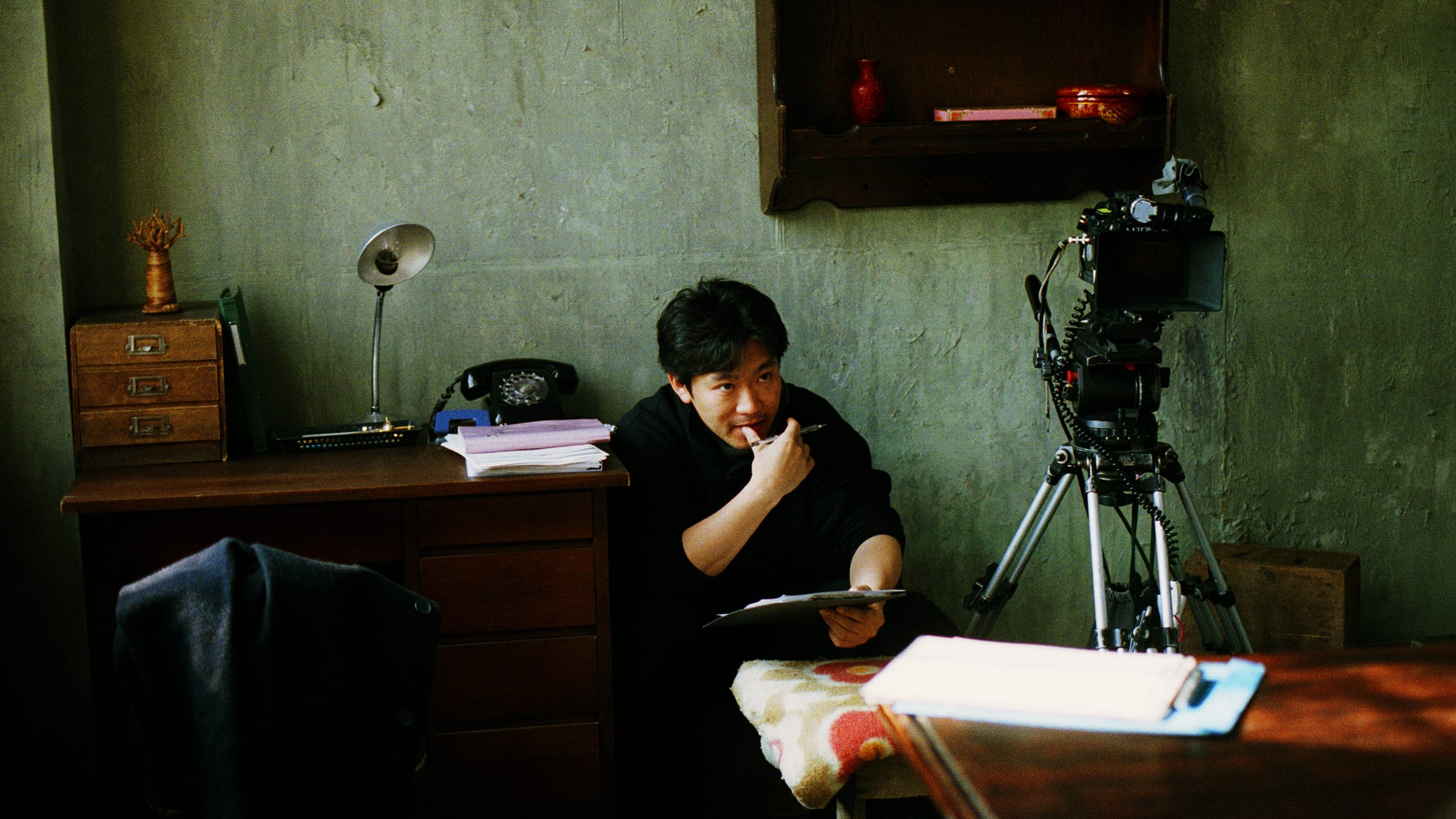RELATED ARTICLE
After Life: In Memoriam
The Criterion Collection

Before becoming a filmmaker, Japanese writer-director Hirokazu Kore-eda studied literature and aspired to be a novelist. Instead of letting the latter ambition fade away, he has gone on to adapt some of his films into novels. About the novelization of his 1998 film After Life, Kore-eda writes, “What I wanted to do was, rather than set the film into type, to use the printed word to further liberate the ideas that were embellished on the screen.” The most significant of these “liberations” was the shifting of the narrative focus from the film’s male protagonist, Mochizuki (Arata), to the internal perspective of its primary female character, Shiori (Erika Oda).
Kore-eda has stated that, with his fiction-writing process, “I’m shining a light on my story from a different angle, and perceiving it anew. There’s this feeling that I can move on to the next film after doing that.” Presented here is an excerpt of Kore-eda’s afterword to the 1999 After Life novel, a piece of writing that offers a window into his multilayered and collaborative creative process, as well as a sample of his voice on the page. This translation, by Allison Markin Powell, represents the afterword’s first appearance in English. —Taylor Segrest, the producer of the Criterion edition of After Life
When I was making documentary programs for television, I would describe interview subjects either in the second or third person. I did my utmost to avoid using first-person narration to characterize them psychologically, or to intrude upon their inner selves and identify with them. Basically, my directorial attitude was grounded in the awareness that “you are not me.” I tried to produce images on film, in the way that a camera brings things into focus through the distance it maintains from the subject. I thought that’s what it meant to portray another person.
In comparison, fiction allows me to venture freely into the inner minds of my characters, to explore their perspectives. I could potentially fill an entire volume with a list of psychological descriptions. It’s thought of as one of the defining characteristics of fiction, the potential to depict universality through an omniscient, godlike perspective—in other words, by saying “I am you.” Often in suspense or horror films, the viewer’s outlook mirrors the first-person perspective of the victim, as an obvious means of stoking fear as the narrative unfolds.
But in film, even in the genre of fiction, I do my utmost to avoid psychological characterization. At this point, I’m unsure to what degree I have succeeded, but my directorial concept has been to shoot fictional films as if they are documentaries. I thought of this as a first step in an attempt to explore my own original filmmaking style—how I would portray the characters’ actions.